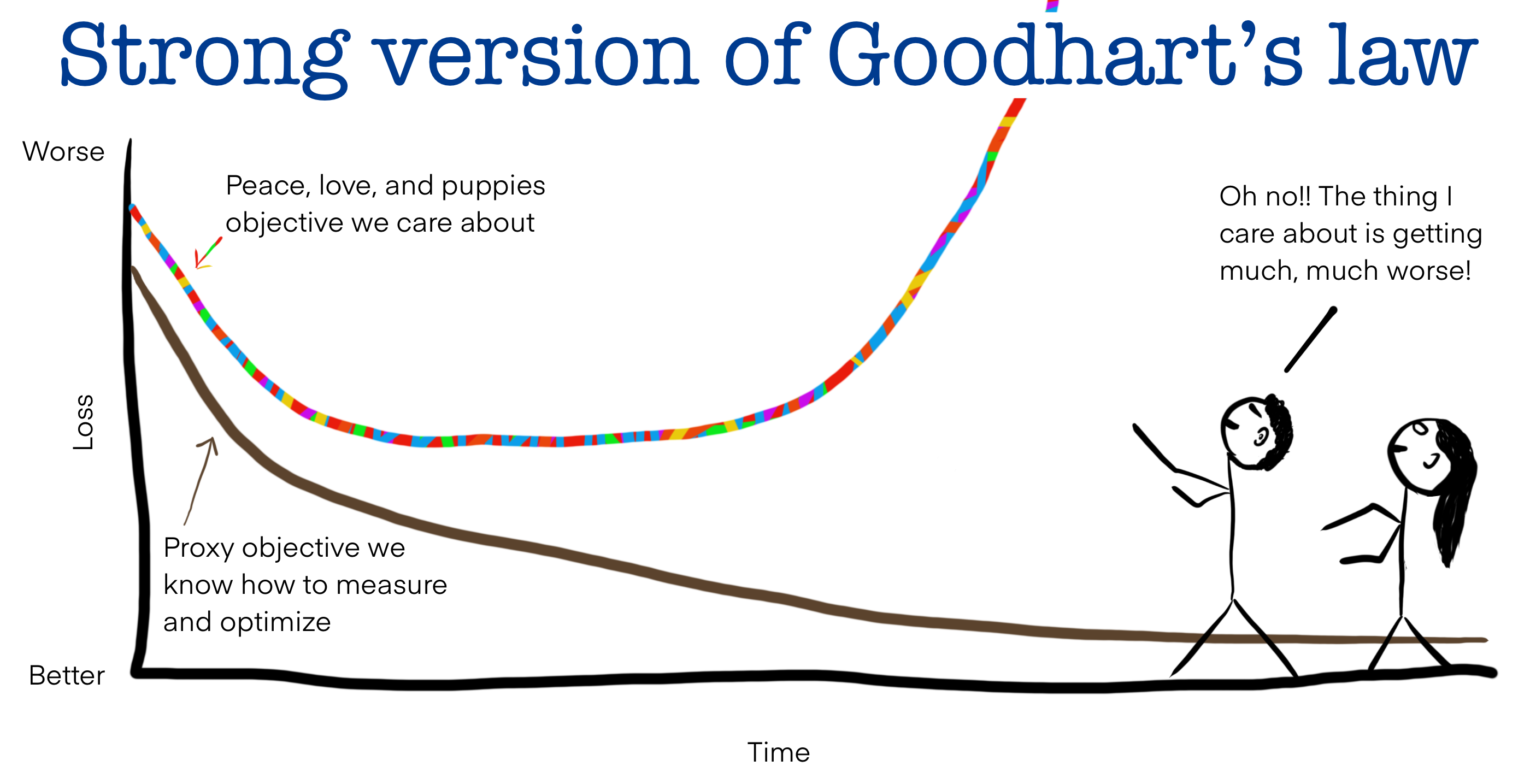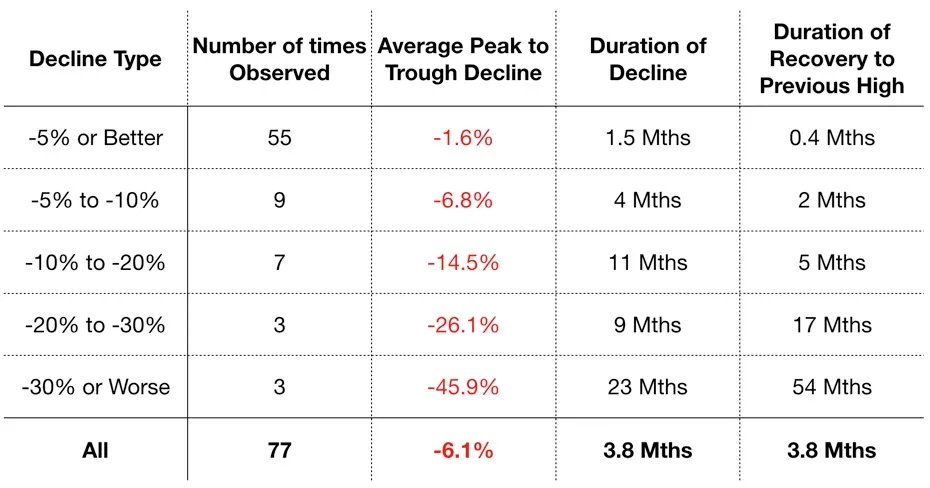For many Americans, debt is an inescapable part of life.
Total household debt … reach[ed] $17.94 trillion..delinquency rates edged up [to] 3.5 percent of outstanding debt in some stage of delinquency… Credit card balances … hit $1.17 trillion, and auto loans .. stood at $1.64 trillion. Federal Reserve Bank of New York Q3 report on household debt and credit report
These numbers are mind boggling. The U.S has a bit more than 130,000 households. We have $138,000 of debt per household on average. With $4.97 trillion of non-housing debt, which translates to $38,000 per household for student loans, credit cards, auto loans, etc. It’s no surprise that the U.S. government is even worse at managing money with a total national debt of $36 trillion. It would cost each American household an addition of $277,000 of taxes to pay off the national debt.
Growing up, I was taught to be frugal and be careful with money. Never waste anything. Never borrow anything. Credit cards are dangerous. Money seems to be extremely precious. Even the idea of having debt felt like a sacrilege. This is definitely a hot button for me.
How does debt work?
- Lots of moms and pops put their earned money in a bank
- A bank pools together that money to sell loans to borrowers.
- Borrowers use the money then pay back the loan in smaller portions over time along with a bit of extra money called interest.
- Everyone wins in the best case scenario with lots of goodness going around. The trustworthy borrower gets money now. They use it wisely to make more money and pay back the loan with interest. The bank uses that money to pay bank workers, pay mom and pop for the use of their money, and sell more loans.
- Everyone loses in the worst case scenario. The borrower uses the money poorly then doesn't pay back the loan. The principal and future interests are destroyed. The bank has less money to pay bank workers, pay less interest to mom and pop, and could not make new loans. No one else wants to lend money to a bad borrower. The borrower suffers because it’s hard to save up enough money to buy things without debt.
What is debt (really)?
The obvious definition of debt is money that’s owed to someone else, but that definition doesn’t really capture the emotional meaning of debt. I think about debt as financial trust, as in, how much does other people trust me with money. When I have earned a high level of trust, banks bid for the right to lend me money with lower interest. When I have a low level of trust, only a few people would lend me any money. I might have to beg or offer things in exchange for money. When a loan is framed as a manifestation of trust in a relationship, many of the financial terms make more sense.
- Loan - a borrower and lender relationship on the amount of trust to share. A lender offers money now on the borrower’s promise to pay back the money in future. I’m actually lending money to the bank when I deposit it. I trust the bank to pay back whenever I need it.
- Principal - amount of trust remain in the loan
- Interest - Fees paid as a percentage of the principal to maintain that trust
- Collateral - A thing of value used for guarantee in case of broken promise
- Loan forgiveness - Reset trust by reducing or eliminating principal and missed interest
- Debt - total amount trust used up across all the loans
- Credit - total amount of trust that lenders willing to give
- Credit score - an industry wide rating on people's trustworthiness with money
- Bankruptcy - legal request for the court for broad loan forgiveness
Why is debt bad?
The economy is an ecosystem of trust. As long as the parties involved in any transaction have aligned incentives and avoid hidden agenda than things work pretty well. The primary agenda of the credit card and lending banks is to reduce latency, increase frequency, and increase security of purchases. This is good. We are perfectly aligned here. I don’t want to carry cash, wait in the line for people to fumble their wallet for cash, or, even worse, write a check. The bank’s non-obvious agenda is to earn interest on the monthly balance. The predatory agenda is to extract the borrower’s value just below the point where the borrower can’t pay back the monthly balance. The worst case scenario is the borrower declares bankruptcy and everyone again has aligned incentives. No one wants to incur large debt loss, loss of a customer, and loss of transaction volume.
I consider this predatory because some businesses exploit flaws in human psychology. Credit cards make purchases convenient and easy. The more we tap and swipe our credit card, the more of a routine it becomes. No one remembers the mundane. How much can you remember 5 of the most recent credit card purchases you made? Who, where, when, and how much? We can’t remember. However, we are still (falsely) confident about how much we spend on average, and remember a “peak” emotional purchase. This is a weakness of human psychology. We grow accustomed to “normal”. Neither one of our 2 systems of thinking are engaged. We can fall into the trap of spending too much money on things that we don’t need or can’t afford. The interest that we pay for convenience becomes a ball and chain on our freedom and takes away our autonomy of choice.
Is there good debt?
Absolutely! The only good debt is debt that enables me to concretely improve cash flow by making or saving more money at percentage better than the interest on the debt.
- Buying a home where the total cost of ownership is cheaper than rent.
- Buying a car so I work at a higher paying job that offset the cost of the loan.
- Having a loan with lower interest rate than inflation
- Invest in the stock market instead of paying cash for a car.
Of course, the reasons and emotions about purchases are much more than just making and saving money. There might be many reasons why we might choose to go into bad debt or think we deserve to treat ourselves. However, never deceive oneself that debt is somehow good.
The takeaway
- Debt is financial trust so only make promises that you can and will keep
- The only good debt is debt that directly improves cash flow by percentage higher than the interest on the debt, everything else is justification and false rationalization.
- In any financial transaction, it’s good to know where all parties have aligned incentives. Seek to understand the hidden and potentially predatory agenda of others parties.




